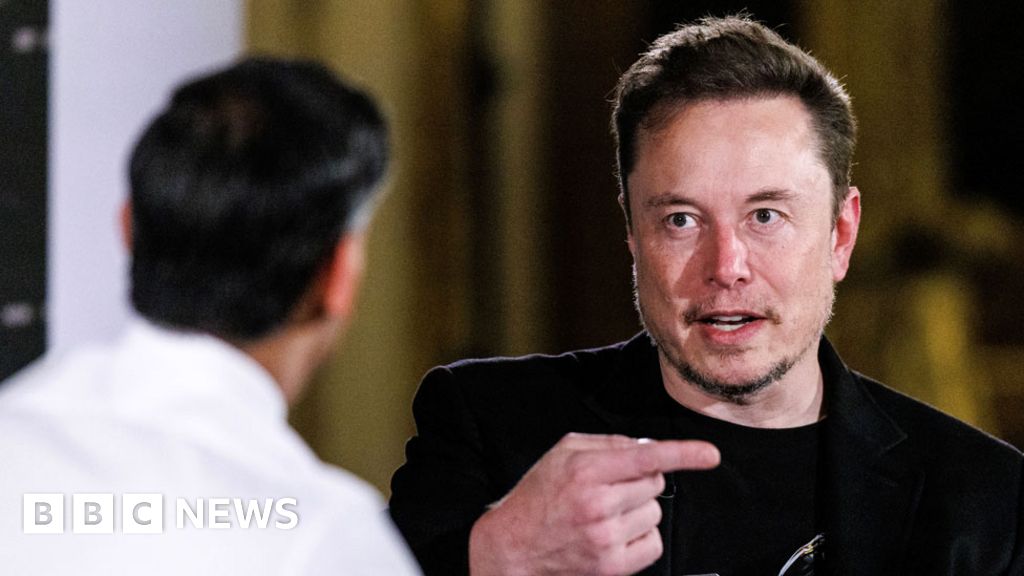So, that's it then.... we can all give up work thanks to AI - our kids/grandkids needn't bother to learn anything anymore as there'll be no jobs to do .....


Elon Musk tells Rishi Sunak AI will put an end to work
The prime minister and the tech billionaire sat down together to talk tech, education - and killer robots.
www.bbc.co.uk